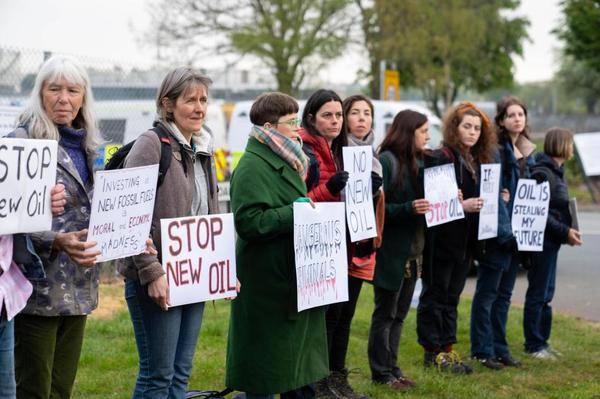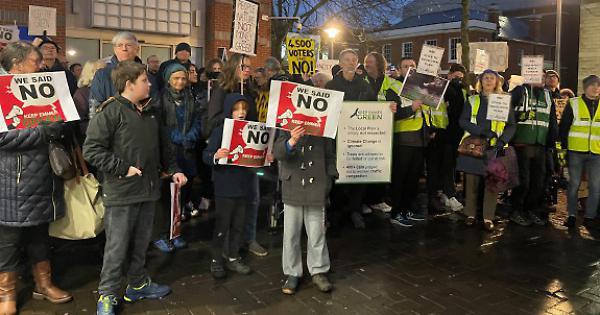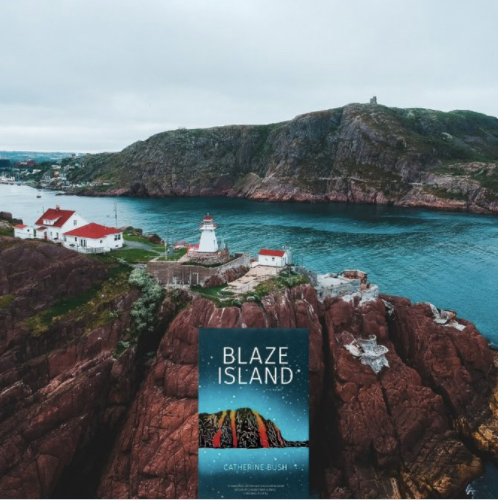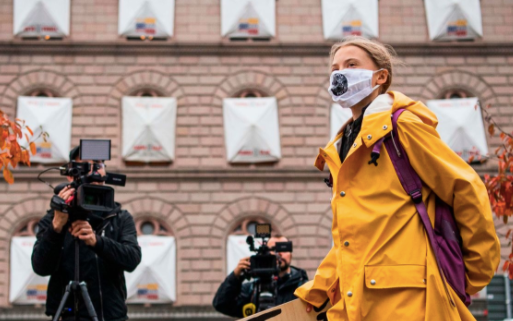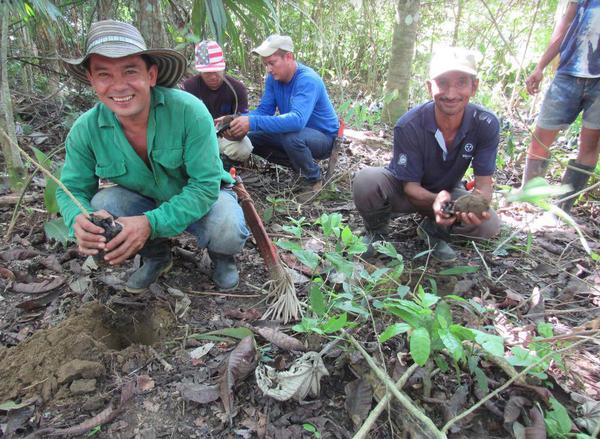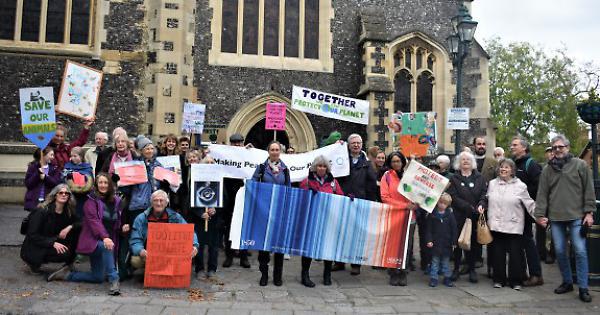Climate change protest GP suspended for five months
A GP who took part in ‘peaceful’ climate change protests should be suspended for five months due to multiple breaches of a court order, a tribunal has ruled.
A Medical Practitioners Tribunal Service (MPTS) panel has decided to suspend Birmingham GP Dr Sarah Benn’s registration for a period of five months.
